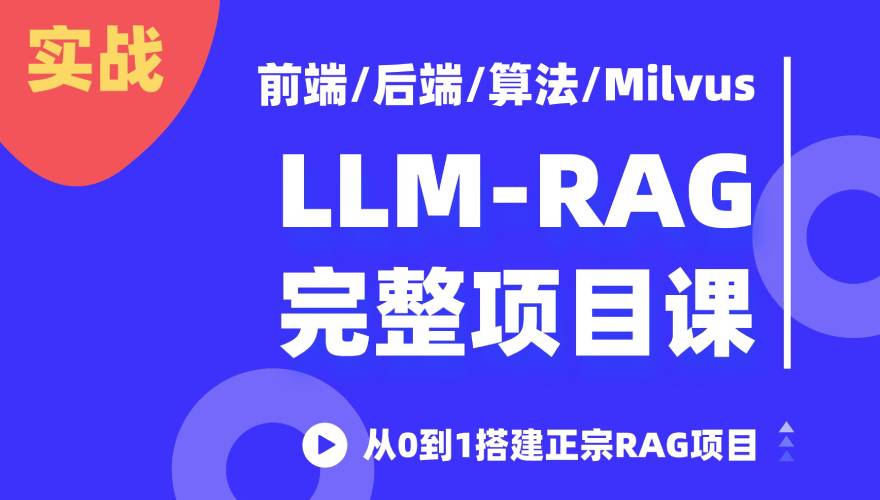TF-IDF项目 P3-1 计算TF-IDF值和提取topK关键词
上节课给大家介绍了TF-IDF的计算公式,这节课方便大家理解,先用面向过程的方式,来实现这个算法。但是项目需求里面,还有动态装载语料库、维护停用词这样一些要求,后面还是需要封装成类。
代码示例
1、定义语料库
import math
corpus = [
'my dog sat on my bed',
'my cat sat on my knees',
]
2、分词
对语料库中的句子做分词,并统计所有词的词表。
all_words = []
vocab = set()
corpus_words = []
for sentence in corpus:
words = sentence.strip().split(' ')
corpus_words.append(words)
all_words += words
vocab.update(words)
3、计算TF
tf_list = []
for words in corpus_words:
tf = {}
for word in words:
tf[word] = words.count(word) / len(words)
tf_list.append(tf)
4、计算IDF
idf_dict = {}
N = len(corpus_words)
for word in vocab:
num = sum([1 if word in words else 0 for words in corpus_words])
idf_dict[word] = math.log(N/(num+1))
5、计算TF-IDF
tfidf_list = []
for tf in tf_list:
tfidf = {}
for word, tf_val in tf.items():
tfidf[word] = tf_val * idf_dict[word]
tfidf_list.append(tfidf)
6、提取topK关键词
for tfidf in tfidf_list:
tfidf_topk = sorted([(v,k) for k,v in tfidf.items()], reverse=True)[:3]
print([k for v,k in tfidf_topk])
好的,计算每个词的tfidf值,和根据tfidf值从大到小排序之后,提取topK关键词的功能已经完成了。但是仔细看下最终得到的结果,好像和之前分析的关键词结果不一致。这个问题其实是在介绍公式的时候,提到的为了避免除0错误,分母加了1之后,出现的一个bug,这个问题比较复杂,放在下节课来解决。
本文链接:http://www.ichenhua.cn/edu/note/552
版权声明:本文为「陈华编程」原创课程讲义,请给与知识创作者起码的尊重,未经许可不得传播或转售!



